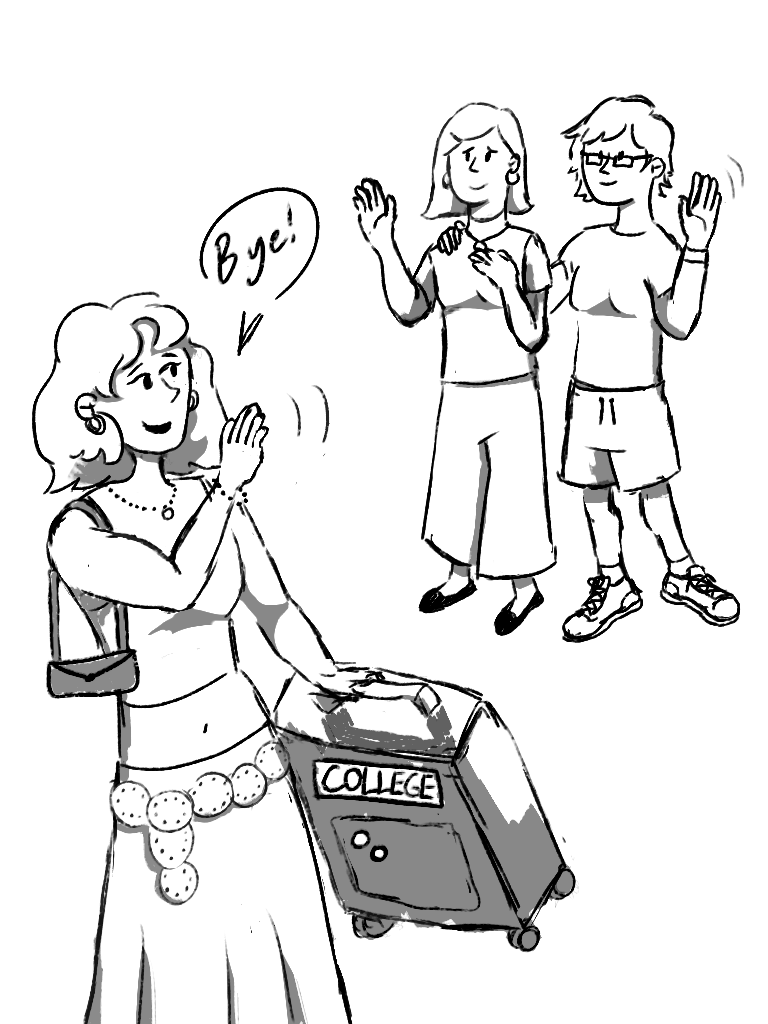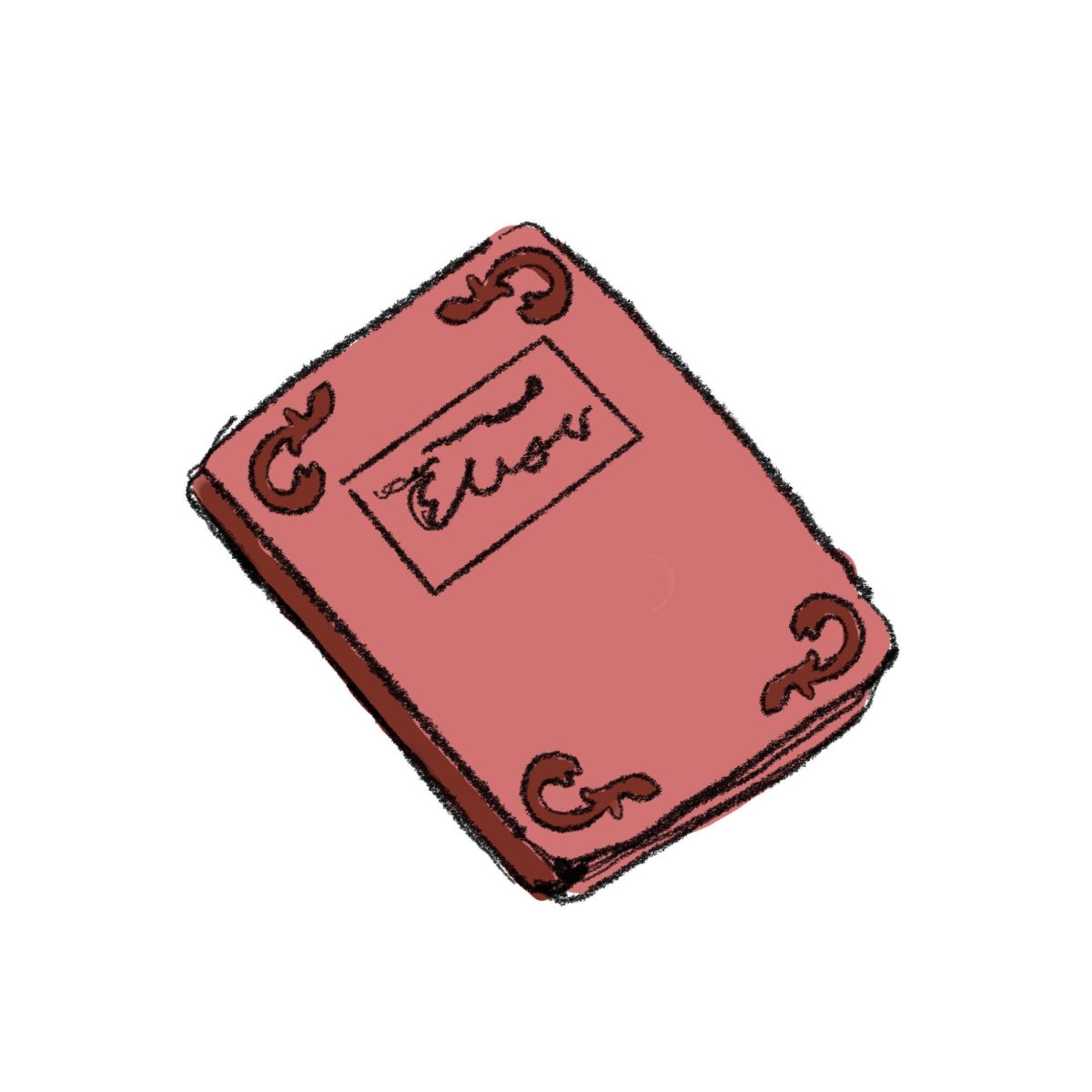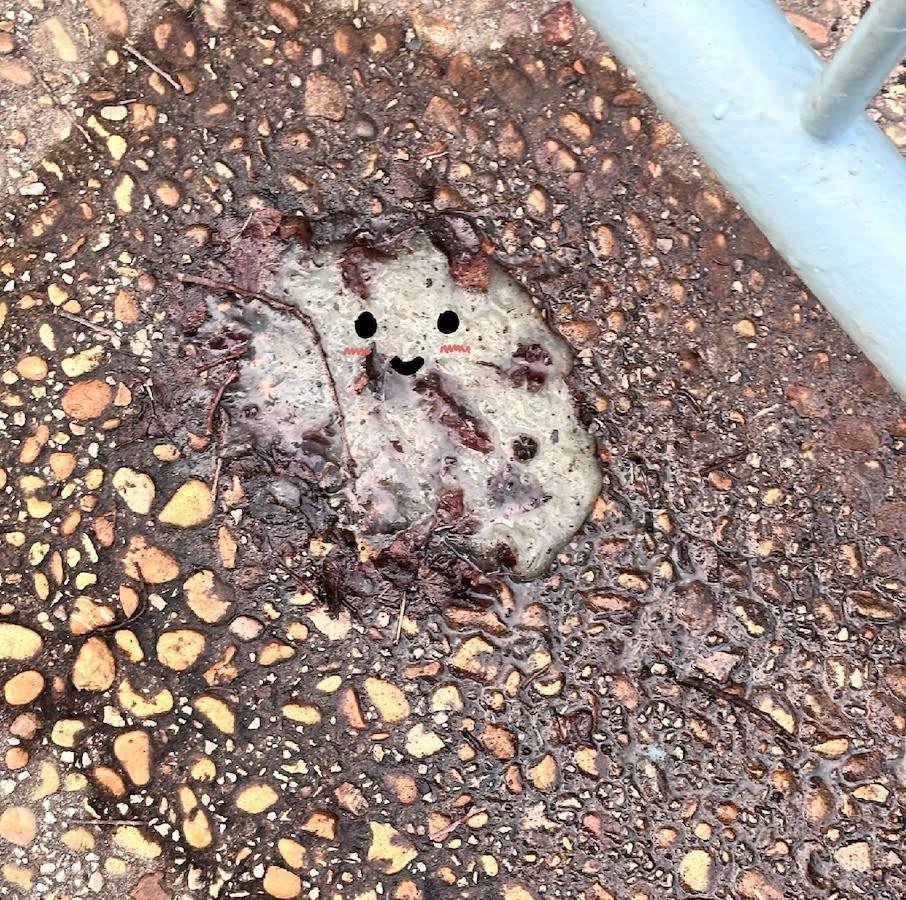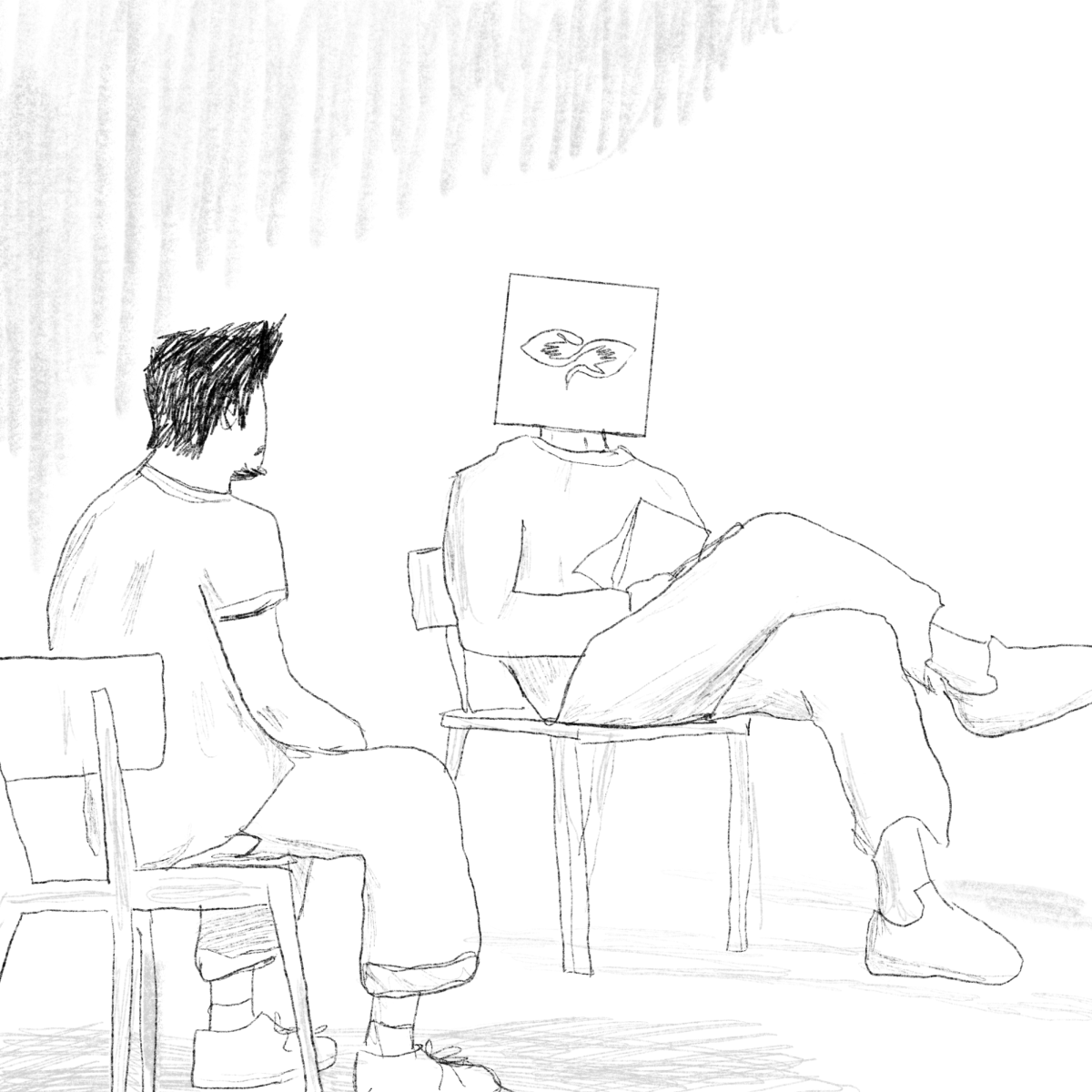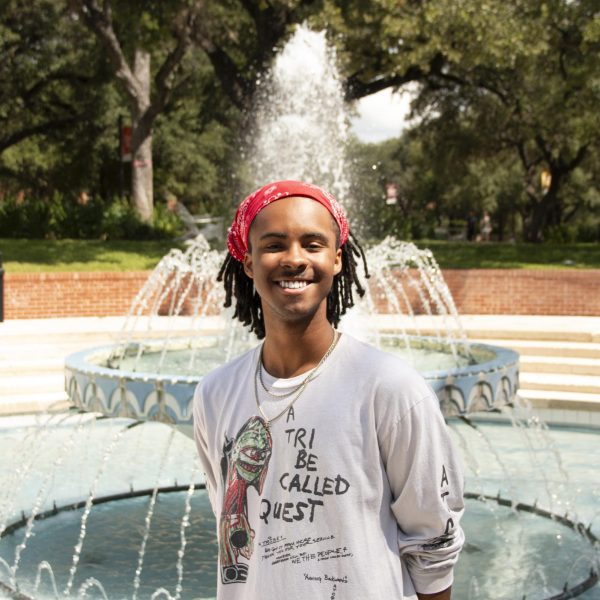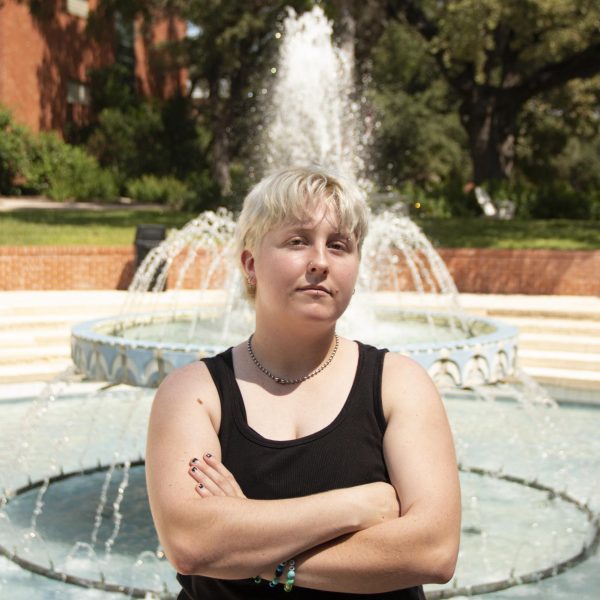Whether it be heartfelt goodbyes or warm welcomes, Trinity’s Welcome Weekend, which takes place from Friday, Aug. 23 to Sunday, Aug. 25, stays with students long after campus becomes home. So much input in such little time, though, can be daunting for first-years.
Most Trinity students remember the whirlwind of emotions that comes with the first few hours on campus. Trinity puts on many events to expose students to campus life during Welcome Weekend, including information sessions that touch on school policy, Title IX and bystander intervention and mental health. The amount of information in such a short amount of time can lead to some burnout by the time Sunday comes around.
Ashley Countryman, first-year business analytics and technology (BAT) major, said that while the fast-paced weekend excited her, she had a hard time engaging with the information sessions. She said that the opportunities to meet new people were exciting, but the information sessions were repetitive, which led to them feeling less important than other facets of the weekend.
“When [my parents] were there, I was just thinking, ‘I want to spend time with my family before they leave,’” Countryman said.
Countryman said that if she could change one thing about Welcome Weekend she would choose to space out the events of the weekend a little bit more. This would allow students more time to dedicate to the things really pressing on their minds, such as decorating their new rooms or getting their last few hours in with their parents.
Tess Gagliano, first-year environmental studies major, spoke to her unique view of Welcome Weekend as she arrived early to participate in the Plunge — a pre-orientation five day service event sponsored by Trinity’s chapel.
“It was good, but it was pretty tiring,” Gagliano said. “Those sessions were just way too long. … They had important information obviously, but they each took three hours.”
Some aspects of the weekend were more interactive and invited conversation, which seemed to be more effective. Jacqueline Stanton, first-year biochemistry and molecular biology major, said she loved the hands-on approach that came with the small group breakout sessions and found those to be very useful. She also said that the less interactive information sessions tended to feel repetitive, leading to a lack of engagement from both her and her peers after a long and eventful day.
“It was in the middle of the day or towards the end of the afternoon, and we had been doing a lot of stuff previously. … I was tired,” Stanton said.
More structured downtime in the future could potentially lead to a better experience for the first-years. Maddy Lou, first-year psychology and philosophy double-major, said that it was hard to find the mental space to focus on the very important topics of Saturday’s sessions. She did not find it to be detrimental to the new campus experience, though. Lou said that the time she spent with her new friends helped her to better focus on the content and incentivized those sessions.
“If I could change anything, I would have given us more breaks,” Lou said. “Time to take in the environment and the people … as the days passed I was like, ‘Oh wait, this is actually pretty cool. I actually really like it here.’”

